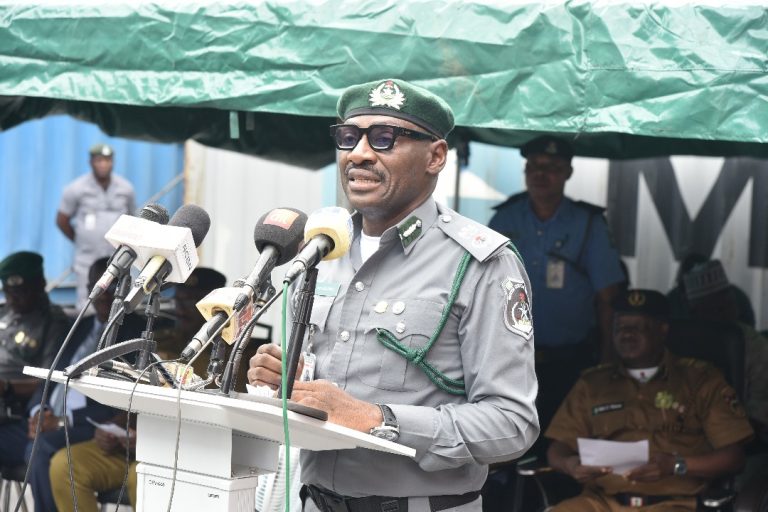- As UNHCR cautions against involuntary return of Nigerian refugees
After the disease had caused about 1,166 deaths over 23 weeks in 25 states, the Nigerian government has finally declared the meningitis epidemic over in the country.
The Minister of Health, Isaac Adewole, made the declaration on Wednesday.
“We have formally declared the Meningitis outbreak over in the country,” he told State House correspondents at the end of the meeting.
The Nigeria Centre for Disease Control, NCDC, had earlier on Monday on its official Twitter handle declared that the meningitis outbreak was over.
Before the declaration, health officials combated the disease since late last year under monitoring by the Ministry of Health, the NCDC, National Primary Healthcare Development Agency, NPHCDA, and International partner organisations.
Statistics from NCDC showed that a total 14,518 suspected cases were reported from 25 states since the outbreak was first recorded in Zamfara State in November 2016.
“We also informed FEC that we have not recorded new cases of Polio in the country in 2017. We have recorded seven new cases of Lassa fever across the country and the cholera outbreak in Kwara State has also fizzled out”, Mr. Adewole said on the other public health issues.
The NCDC, on its official Twitter handle on Monday, stated that from its data analysis in the last few weeks, it was confirming the 2016/17 meningitis outbreak in Nigeria over.
The Executive Director of NCDC, Chikwe Ihekweazu, said with the outbreak over, Emergency Operations Centres (EOCs) responding to the epidemic had been stepped down.
Mr. Ihekweazu said the outbreak had been in constant decline for eight weeks during which the affected states had recorded much fewer new cases.
The decline is believed to be due to the change in weather as Nigeria entered the rainy reason from the hot weather during which the disease spread.
The NCDC said it has also begun preparation for the next meningitis season.
In the meantime, the Office of the UN Human Rights Commissioner for Refugees (UNHCR) has cautioned against the forceful return of Nigerian refugees from Cameroon.
The UN Refugee Agency gave the caution in a statement on Thursday following the return of 887 Nigerian refugees on Tuesday.
“The refugees were rounded up at 19:30 (7:30 p.m) local time and forcibly removed to Banki in Nigeria in desperate conditions.”
The agency said that the refugees were repatriated in six trucks provided by the Nigerian military and Cameroonian police from the Kolofata border site adding that most of them were children.
It added that it was alarmed over the forced returns of refugees from Cameroon into northeast Nigeria and recalled that similar incidents had occurred earlier in the year.
It further stated that repeated warnings had been made concerning the situation in which conditions did not yet exist to make returns safe and sustainable.
The UN High Commissioner for Refugees, Filippo Grandi said: “The involuntary return of refugees must be avoided under any circumstances.
“In addition, returns to Nigeria put a strain on the few existing services and are not sustainable at this time.
“A new emergency, just as the rainy season is starting, has to be avoided at all costs.”
The high commissioner for refugees said the agency remained concerned for the children.
“We also understand that several dozen refugees, fearing that they would be returned against their will, escaped and went into hiding.”
The UNHCR reiterated that insecurity in the northeast prevented refugees from returning to their places of origin with many of them ending up in Banki where more than 45,000 internally displaced persons were barely accommodated.
It also repeated its appeal to the authorities in Cameroon to allow newly arrived Nigerian refugees to reach Minawao camp, where about 58,000 refugees are currently being hosted, with another 33,000 living in nearby villages.
The agency further renewed its call on Cameroon and Nigeria to refrain from further forced returns.
It also urged both parties to take urgent steps to convene a meeting of the Tripartite Commission, established under a recent agreement with UNHCR to ensure a facilitated voluntary return process in line with international standards.
The UN agency also emphasised the importance of all states to ensure international protection for all those fleeing insecurity and persecution in the northeast.
Additional report from Premium


















